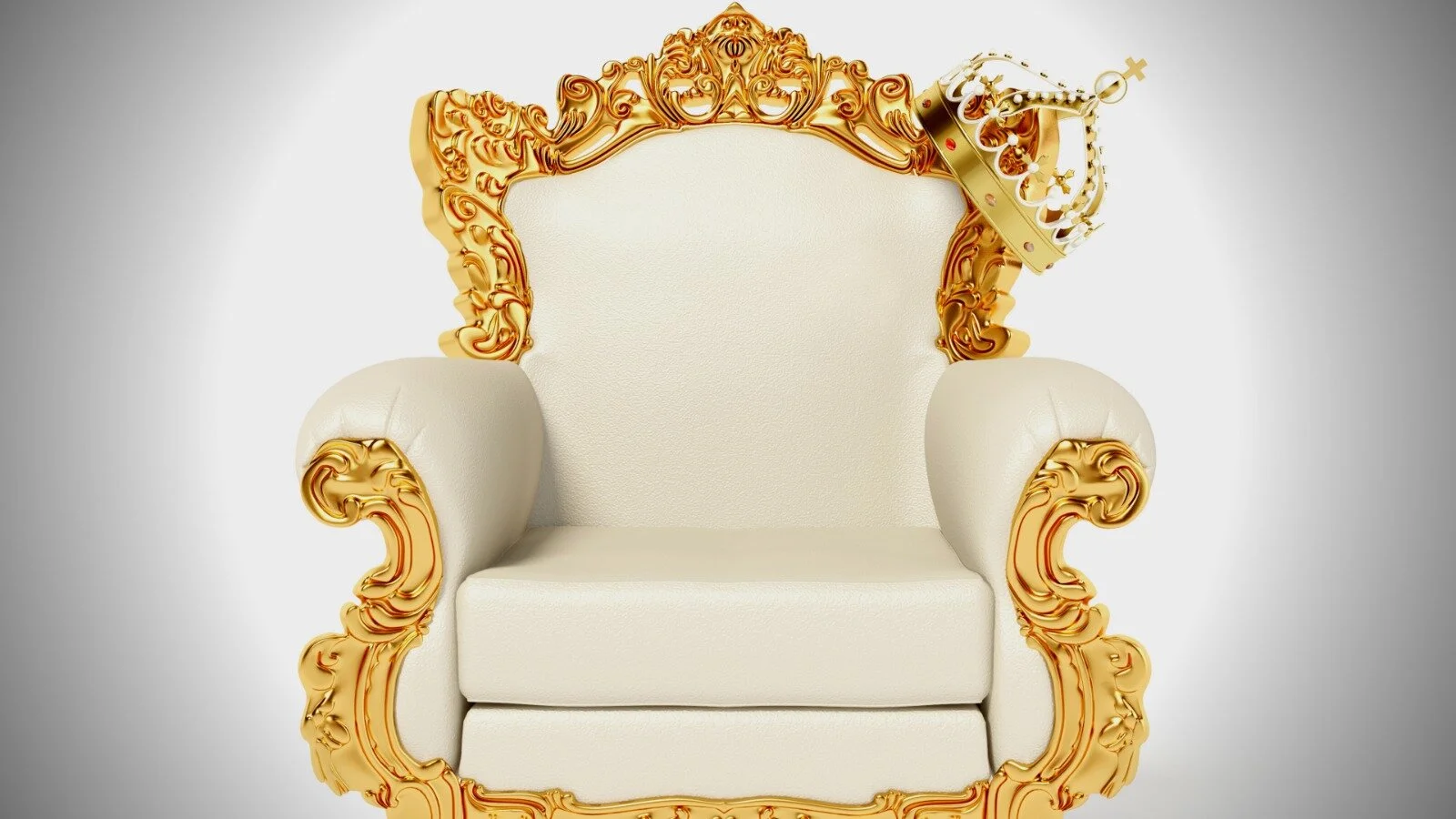Exodus 29:2 NKJV
and unleavened bread, unleavened cakes mixed with oil, and unleavened wafers anointed with oil (you shall make them of wheat flour).
When the priests were being sanctified for their ministry, unleavened bread mixed with oil was part of the ceremonial offering. Unleavened bread was first mentioned during the exodus from Egypt. After the firstborn of Egypt was killed to secure the freedom of the Israelites, the Hebrews celebrated the Passover with lamb, unleavened bread and bitter herbs. The bread would not have time to rise because they had to hurry. From that time forward, the Passover was celebrated with unleavened bread – the bread of haste. It would remind them of their swift deliverance from bondage.
Spiritual parallel: The unleavened bread would represent deliverance from the kingdom of darkness. It might also represent a sinless life. Jesus used it to represent the offering of His body:
Luke 22:19 NKJV
And He took bread, gave thanks and broke it, and gave it to them, saying, “This is My body which is given for you; do this in remembrance of Me.”
In the sanctification ceremony for the priests, oil was added to the bread. A sinless or consecrated life is important, but it becomes obnoxious self-righteousness, as well as impossible to maintain without the oil of the Holy Spirit. It is the work of the Holy Spirit in us that enables us to live above sin. The Spirit of God also keeps us from being “dry bread.” As we offer our lives to reach a lost world, to help suffering humanity, we can be far more appealing if we are not so dry. Look at what Jesus said to the self-righteous scribes and Pharisees:
Matthew 23:27
“Woe to you, scribes and Pharisees, hypocrites! For you are like whitewashed tombs which indeed appear beautiful outwardly, but inside are full of dead men’s bones and all uncleanness.”
We must set ourselves apart, with the help of the Holy Spirit. Then we must allow the oil of His anointing to saturate us continually so we may be more appealing and effective in our outreach to others. Our righteousness needs to be His righteousness. We must act like Him naturally because we are naturally supernatural – not because we are trying to. There will just be more of Him and less of us in operation. The more we are soaked with His anointing the easier it will be to do that. The Lord has to use this flesh but he does not want it to be dry. Joel prophesied what Peter quoted on the day of Pentecost:
Joel 2:28 NKJV
“And it shall come to pass afterward
That I will pour out My Spirit on all flesh;
Your sons and your daughters shall prophesy,
Your old men shall dream dreams,
Your young men shall see visions.



